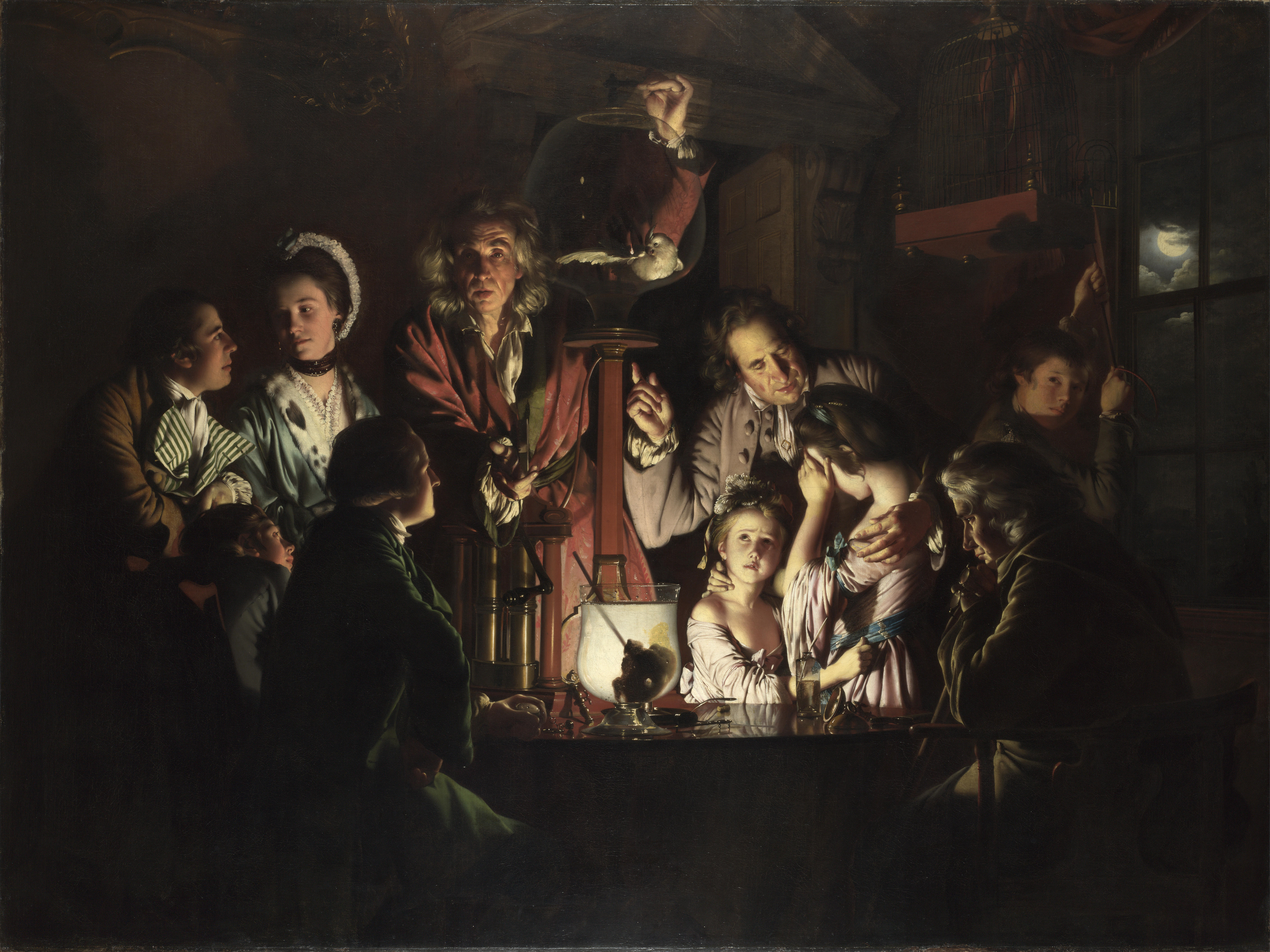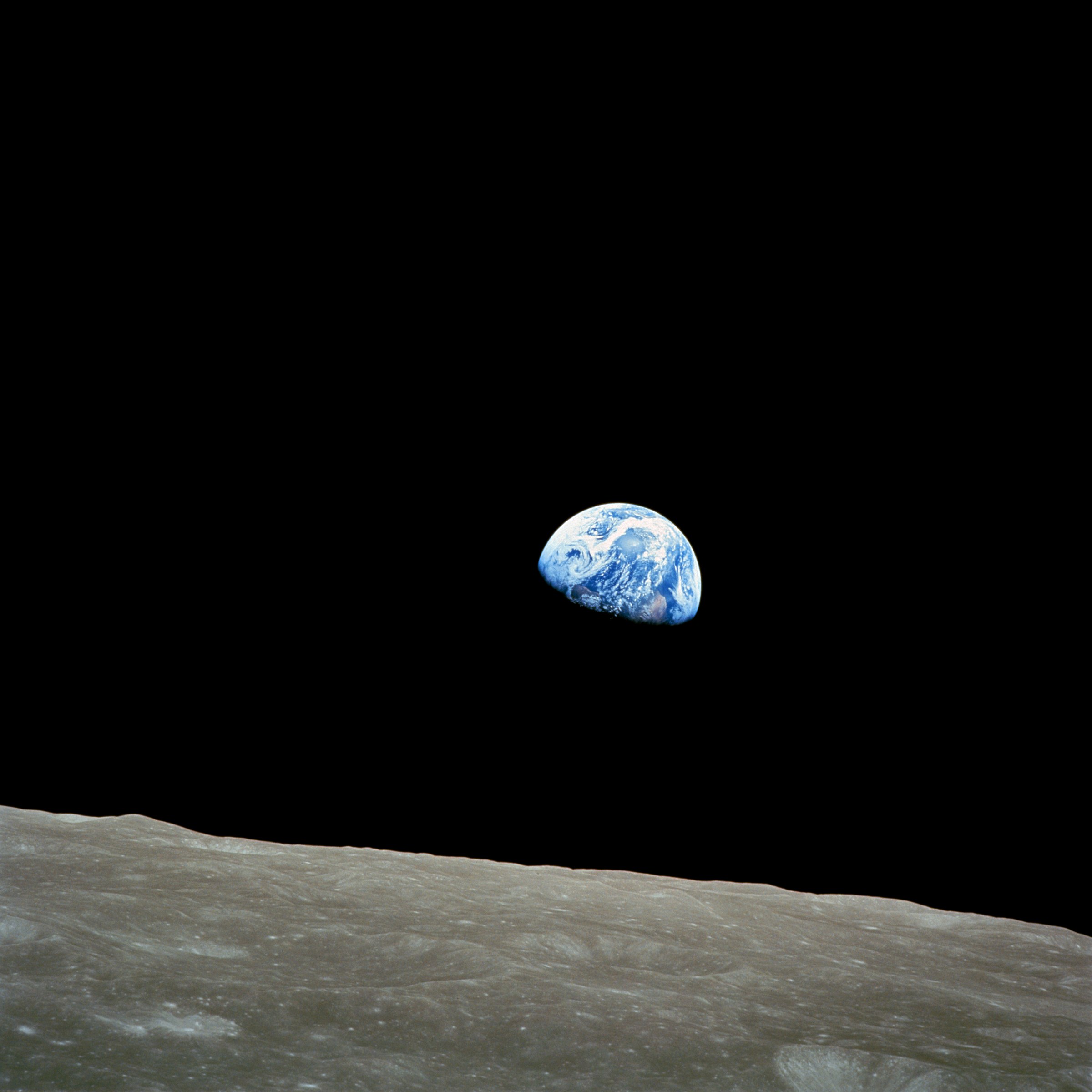New research group on AI. Previously Longview Philanthropy; FHI. I do a podcast called Hear This Idea. finmoorhouse.com.
fin
An Experiment on a Bird in the Air Pump
‘Earthrise’. Taken from lunar orbit by astronaut William Anders on December 24, 1968, during the Apollo 8 mission. Nature photographer Galen Rowell declared it “the most influential environmental photograph ever taken”.
Understood. I’m not so sure there is such a big difference between uses of ‘rational’ and ‘moral’ in terms of implying the existence of norms ‘outside of ourselves’. In any case, it sounds to me now like you’re saying that everyday moral language assumes cognitivism + realism. Maybe so, but I’m not so sure what this has to do with moral uncertainty specifically.
Got it, thanks. I think the phrase ‘non-physical essences’ makes moral realism sound way spookier than necessary. I don’t think involve ‘essences’ in a similar way to how one decision could be objectively more rational than another without there being any rationality ‘essences’. But what you’re saying sounds basically right. Makes me wonder — it’s super unclear what to do if you’re also just uncertain between cognitivism and non-cognitivism. Would you need some extra layer of uncertainty and a corresponding decision procedure? I’m really not sure.
Hmm. Moral uncertainty definitely doesn’t assume moral realism. You could just have some credence in the possibility that there are no moral facts.
If instead by ‘essentialism’ you mean moral cognitivism (the view that moral beliefs can take truth values) then you’re right that moral uncertainty makes most sense under cognitivism. But non-cognitivist versions (where your moral beliefs are just expressions of preference, approval, or desire) also seem workable. I’m not sure what any of this has to do with ‘non-physical essences’ though. I think I know what you mean by that, but maybe you could clarify?
Interesting point about moral uncertainty favouring elegant theories. Not sure it’s necessarily true however — again, I could just have some credence in the possibility that a messy version of folk morality is true.

